“This program needs to do the work of community development.”
That challenge, laid down by a Rutgers University-Camden student, is at the heart of the school’s MS/PhD in Public Affairs and Community Development. For years, the program has trained some of the best thinkers in the community development space, producing alumni that would go on to work in government, become faculty, or work in nonprofits. It’s also a mantra for students in the program, such as Sister Anetha Perry, Jazmyne McNeese and Lili Razi, three current MS/PhD students embraced that motto of do the work during a trip to New Orleans to conduct research for a book chapter the three of them are co-authoring with a faculty member on policy experiments in cities.
Their time in New Orleans was spent listening to community and learning how policy affects community from the grassroots up. They spoke to Mardi Gras Indians and graffiti artists who returned after the storm to rebuild the city’s rich culture. They spoke with activists about short-term rentals, and how AirBNB was contributing to a severe affordable housing shortage. They attended a tour by a local business owner about the history of the I-10 destroying Tremé’s historic black business corridor. And they connected with community at the Community Book Center — the city’s oldest black-owned bookstore and the unofficial heart of the city’s black intellectual life.
It was in the book center that Razi observed that “it stood out to me how people feel about their hometown which is best represented to me by ‘born, raised and returned’ displayed on a t-shirt for sale in the bookstore.” She links that ownership over place to the participation and protest of residents who wanted control over what happened in their city after Hurricane Katrina.
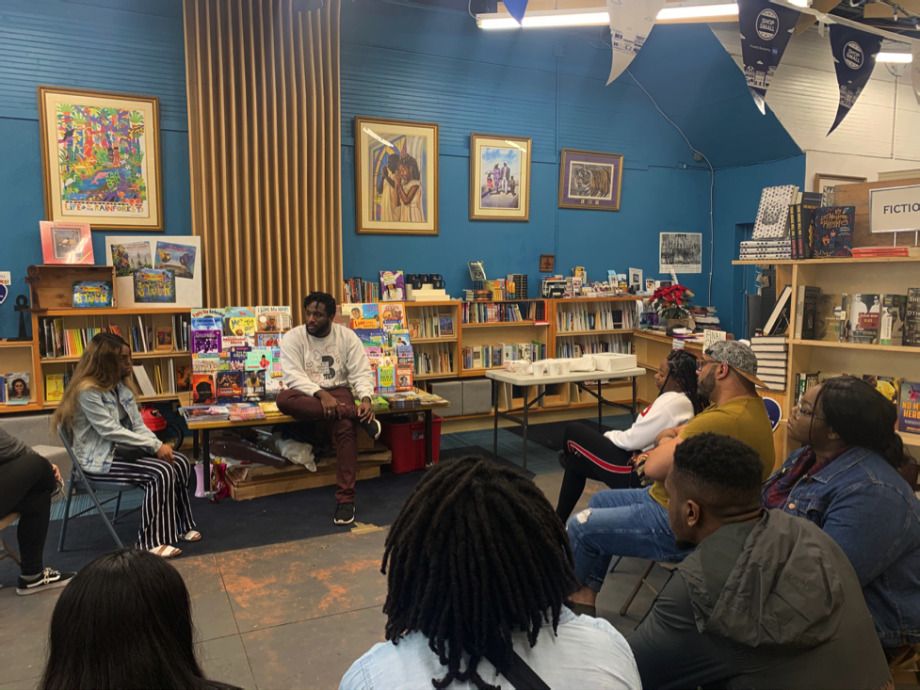
Rutgers students talk to community members in the Community Book Center. (Photo by Stephen Danley)
McNeese summarized her visit to New Orleans saying, “Being able to see my coursework align with real-world problems and having a chance to speak to people on the ground doing the work was energizing. It reiterated to me how important it is to value lived-experiences and reminded me that although community development is an approach to how we can study social problems, it is a lens through which we can envision the world around us and leave less folks behind.”
For each of these students, the trip connected deeply to their own efforts to do the work of community development within the MS/PhD program. For Razi, New Orleanians attempts to influence their own fate after Hurricane Katrina is directly related to her own work on citizen participation in her home country of Iran. For Sister Perry, New Orleans’ challenges with displacement and gentrification connect to her work on housing in her home city of Camden, NJ. And for McNeese, the New Orleanian history of social aid and pleasure clubs tied directly to her work on racial capitalism and her desire as a black woman to address the injustice of the racial wealth gap.
Each of these students is applying their training in ways that directly connect to the communities they care about and work within. These three students, their work, and their trip to New Orleans, embody the ethos of the MS/PhD in Public Affairs and Community Development. It’s a program that values research that is connected to real-life challenges, particularly those in cities. For Masters students, that fluency in community development research helps buttress them as practitioners and makes them stand out on the job market. For doctoral students, that type of relevant, contemporary research makes them stand out in a competitive academic environment that is thirsty for work with real-world application. But as students in both programs will tell you, the competitive advantage in the job market is secondary to the support the program provides them to actually do work with community. Community development as a field attracts students who want to work with, and impact, their own communities. Rutgers takes seriously the challenge of supporting that type of student by fostering links to community, providing professional development, and supporting civic engagement so that students can produce their passion projects.
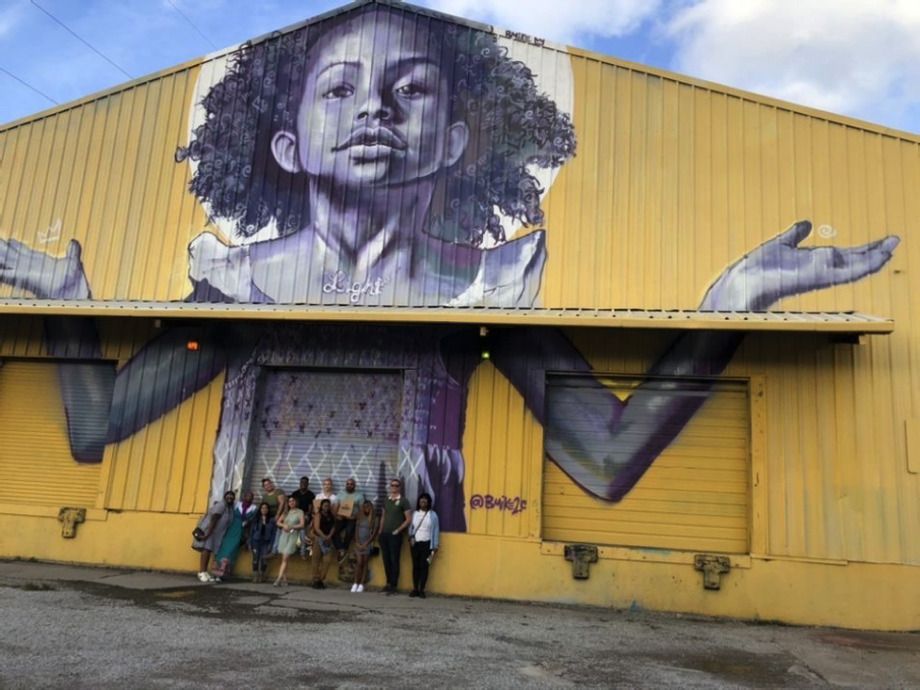
Rutgers students gather outside of a mural at Studio Be. (Photo by Stephen Danley)
That’s what it means to be a community development program in a time when communities are facing real threats and challenges. It means supporting students not just in building the world-class research skills necessary to be competitive and effective in the field of community development, but fostering a rich learning environment that is collaborative with community. For students like Razi, Perry and McNeese, who are dedicated to conducting research that is deeply civically-engaged, the MS/PhD in Public Affairs and Community development is an ideal place to study. For others in the region hoping to do the work of community development, the MS/PhD in Public Affairs and Community Development is an opportunity to join them in those efforts.
Applications for the MS in Public Affairs and Community Development are due March 1, 2020. Contact Dr. Stephen Danley, stephen.danley@rutgers.edu for more details.
Dr. Stephen Danley is the Graduate Director of the MS/PhD in Public Affairs and Community Development at Rutgers University-Camden. He is a Marshall Scholar, Oxford and Penn graduate, and author of A Neighborhood Politics of Last Resort: Post-Katrina New Orleans and the Right to the City.

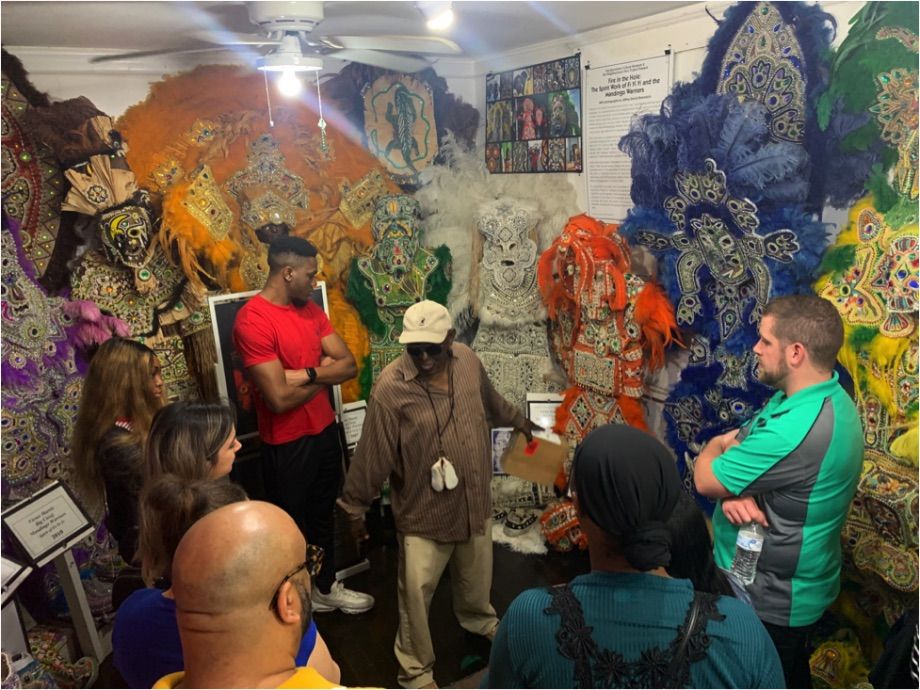
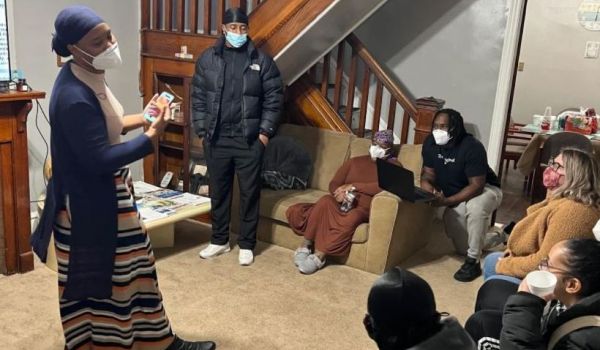

_600_350_80_s_c1.jpg)
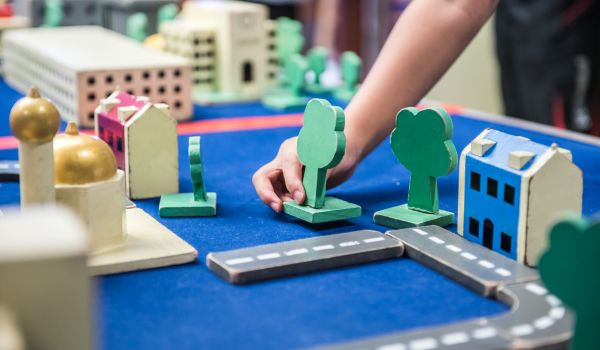
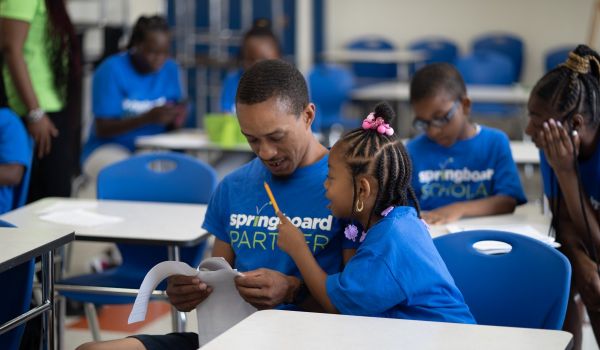
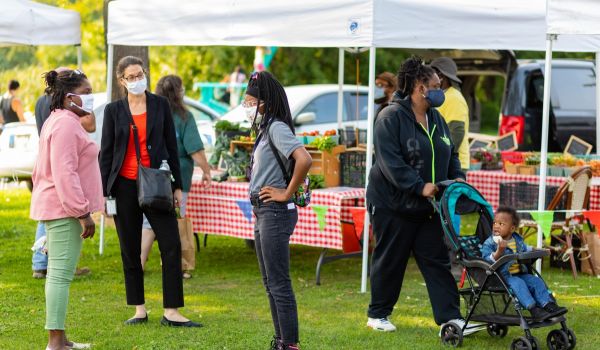

_600_350_80_s_c1.jpg)






